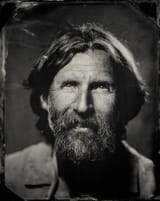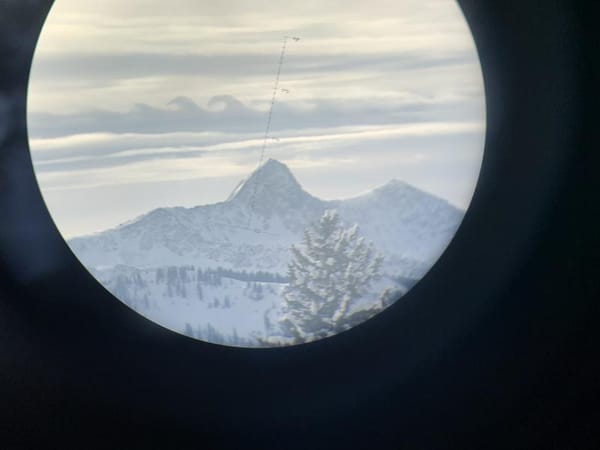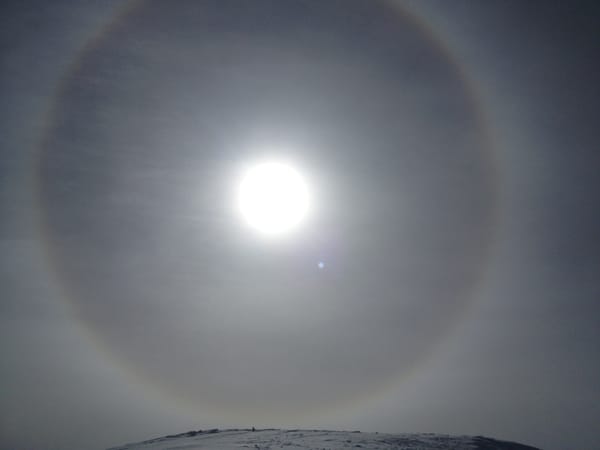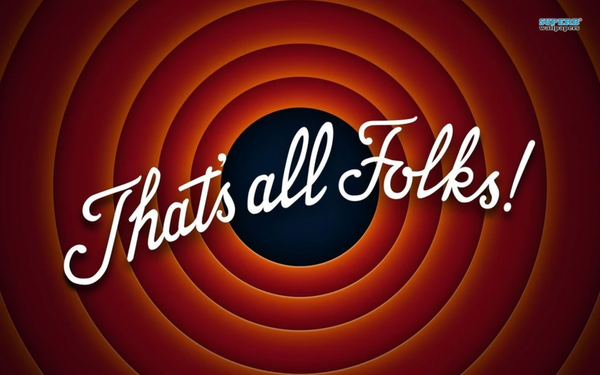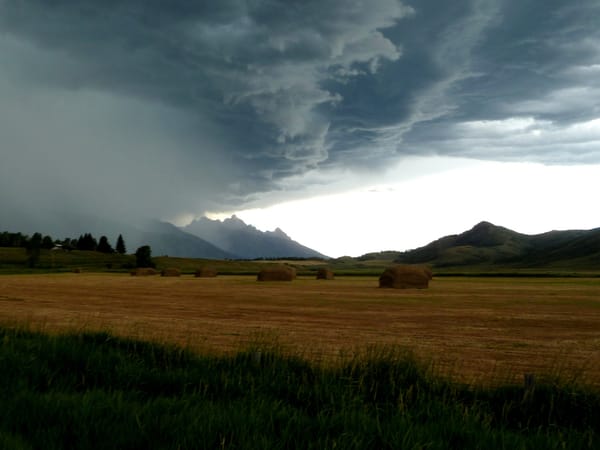After the Fall

(for ES and LE)
He leans back, the anchor settles and then it pulls. The route is 90’ high and it’s just over 2 seconds before he hits the ground. Less time than it takes to read these first two sentences. What do you think about in those 2.36 seconds? Do you have time to think about the kids and your wife, or just the shock and disbelief of the recognition that This is it. His climbing partner feels the weight and then doesn’t feel it anymore. A sound, maybe a muffled voice from above. Move out of the way. A terrible sound. CPR. Nothing. Others at the crag come by to help. Someone calls 911.
The news arrives back home. A look into the depths; it’s just a door. Then a mental fuse is blown. She looks at the kids, 2 and 4. They’re hungry. She replaces the fuse and gets them oatmeal. It’s not morning. It doesn’t matter. Numb. All of these people have experienced significant trauma in their own way. Grief is certain. Some will never climb again, some may start an abusive lifestyle, some will not seek death but will become less committed to life. Some will navigate the loss and tragedy in a healthy and positive way.

~~~~
A couple of years ago, the American Alpine Club started the Grief Fund. Its mission is to connect individuals with effective mental health professionals and resources and evolve the conversation around grief and trauma in the climbing, alpinism and ski mountaineering community.
The AAC Grief Fund web page includes interviews with Laura McGladrey as well as top climbers and alpinists. Laura is a Family and Psych Mental Health Nurse Practitioner and founder of Responder Alliance.

Her short interviews include meditations on Grief, Grief vs Trauma, Shame, and Traumatic Stress. All of them and other resources, such as the Stress Continuum can be found HERE. They are worth a watch. One of her key messages is that grief does not always have to be traumatic; that going it alone is the thing sometimes that makes it more overwhelming than we can handle.
If you have not experienced these things, odds are that you will. From my years as a climbing ranger in the Tetons, I came to strongly believe in the power of Pre-Traumatic Stress Management. This is my term for it. So plan ahead - you'll have the language, education, and resources if you ever need them.
We’ve come a long way. We still have a long way to go.
